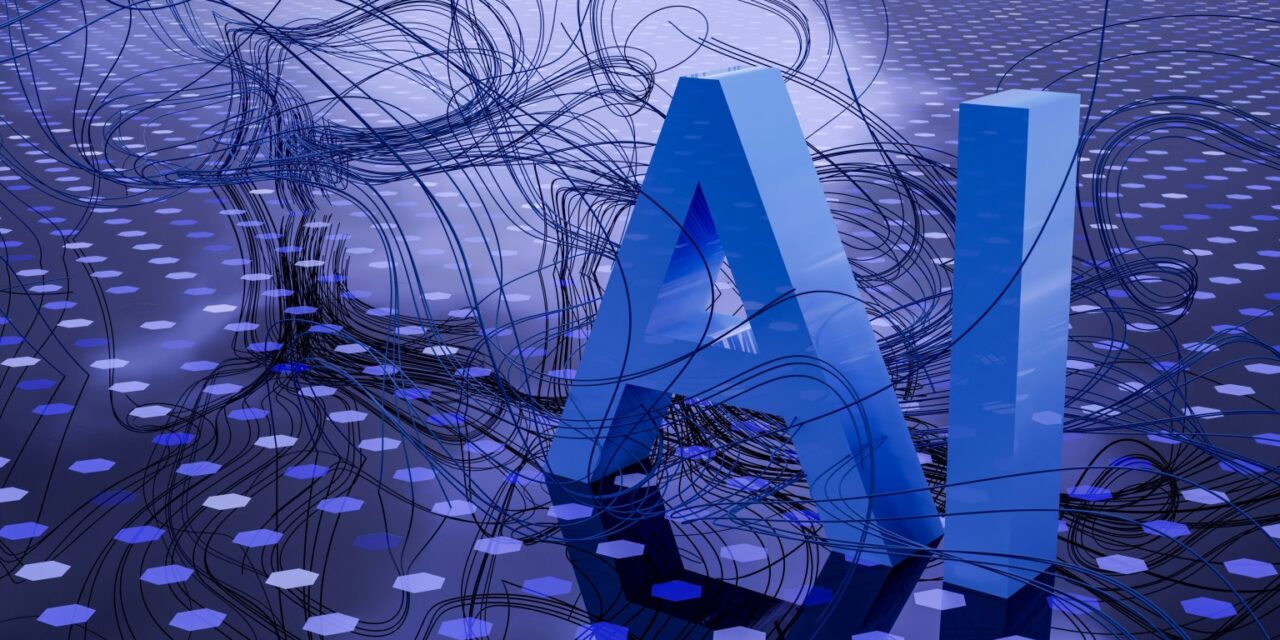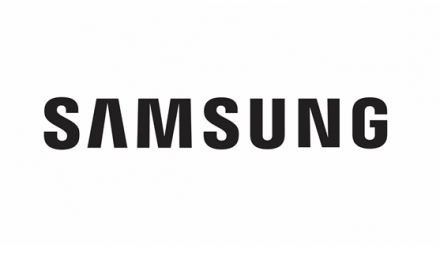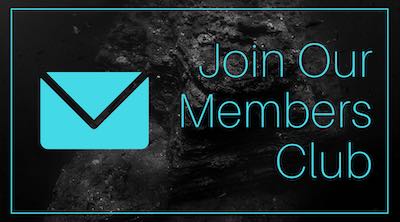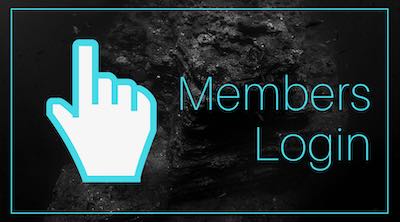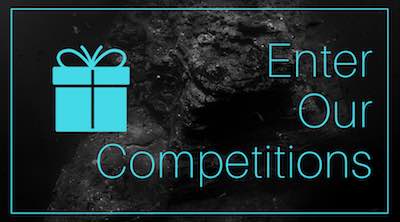How a Trademark Case Could Affect the AI Revolution
AI has undoubtedly had a massive impact on the digital world since Open AI launched the first version of Chat GPT in November of 2022. Having taken the world by storm, the artificial chatbot seemed to start an AI revolution – and since its launch the market has been flooded with an abundance of AI tools and apps. As a result Microsoft and Chat GPT have been surrounded with Intellectual Property issues and court cases – from the AI model ‘generating’ content that has already been written raising the question of whether this breaches copyright laws, to the company’s current struggle to register the trademark for “Chat GPT’. And now – The New York Times has launched a Trademark case against Open AI – a move which brings into question the current AI takeover.
Initially, when Chat GPT was launched in 2022, Open AI claimed the database to have a limit of information up to the year 2020. Having been trained on material from new sites such as The New York Times – the generative AI technology creates a ‘unique’ and ‘personalised response’ to the question it is asked based on the information in its system. In short, the AI platform will allegedly learn from its training database and tailor its response to the question asked by the user – creating an entirely unique output.
However – users quickly discovered that this is not necessarily the case. Chat GPT quickly became known for its “hallucinations” – in which it would generate nonsensical or irrelevant information to the user’s query. Chat GPT will provide an answer to any question even when it does not know the correct answer, for example, if you asked it something outside of its knowledge base such as “who won the 2024 Superbowl?”
But why are these “hallucinations” relevant to an Intellectual Property dispute? In December 2023, The New York Times filed a lawsuit against Open AI. They claim that Open AI unlawfully trained the chatbot on articles written by The Times – and whilst other news-sites were used for this, Microsoft focused on work written by the NYT and its authors.
In the lawsuit – which can be viewed here – The New York Times claim that Chat GPT’s writing style ‘mimics’ that of the publisher – who say they have a ‘unique’ and ‘identifiable’ writing style across their pieces. They say the defendant’s generative AI copies, recite, summarise, and mimic work created by The Times – which is protected by The Constitution and Copyright Act.
It has also been claimed that Open AI relates information that Chat GPT generates back to The New York Times – falsely identifying incorrect information or “hallucinations” as work written by the publisher.
Articles written by The Times and their team of writers are deemed intellectual property – and the paper claims that Open AI have not paid them for the use of this work. The Times say that it is their work that has helped to train Chat GPT which claims to be the world’s leading generative AI tool – and as such has helped boost Open AI’s market capitalisation by a trillion dollars in the last year alone.
Trademark experts, Trademark Eagle have added input into the case:
“AI has been a disruptive force in every industry worldwide – however it threatens to become a problem if the basic training module is suffering from hallucinations that create copyright and trademark issues.”
“If the chatbot is generating content that is fabricated, or is a direct copy of works already produced then multiple issues could arise for copyright infringement not only with Open AI, but also the companies and businesses that regularly use this content in their own works”
Additionally, The New York Times claim Open AI’s use of their articles and false association with NYT have cost them money in subscriptions, advertising partners and affiliate revenue. The publisher reached out to Open AI to attempt a fair negotiation for compensation – but the collapse of this collaboration has led them to the courtrooms.
Added to their woes is Elon Musk, co-founder of Open AI has sued them for abandoning their original mission to develop AI to benefit humanity rather than for profit. How this will play out is yet to be seen. The current legal complexities of this case brings into question the future of AI chatbots, such as ChatGPT.
“If ChatGPT is to be successful, then it is imperative that these concerns are addressed. Furthermore, this case opens an enquiry into the laws and trademark restrictions regarding all AI models. It brings into question how AI should be governed – especially when the originality of the output is so controversial”. Says experts, Trademark Eagle.
“Given that ChatGPT is one of the first openly available AI chatbots – this case threatens the future of AI advancements and highlights an ethical dilemma in regard to the use of content generated by the technology”



